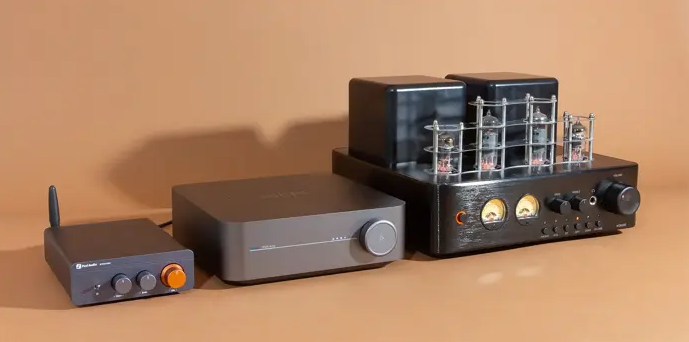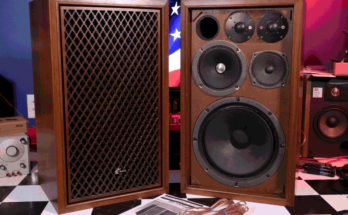1. Introduction
Overview of Amp Reviews
An amplifier or ‘amp’, in context, has a significant role to play for anyone dealing with sound. If you are into music, enjoy crisp sound, or are a seasoned audiophile, possessing and using the right mechanism in the form of an amp can improve audio quality, enabling a better experience.
Importance of Amps in Audio Quality
A clear sound is derived from an amplified audio signal through an amplifier’s use. The right amps do increase the volume of a sound, but there are some aspects where they also increase the sound quality with extras like clarity and tone. Quality amps can make a tremendous difference when listening to audio.
2. Types of Amplifiers
Guitar Amplifiers
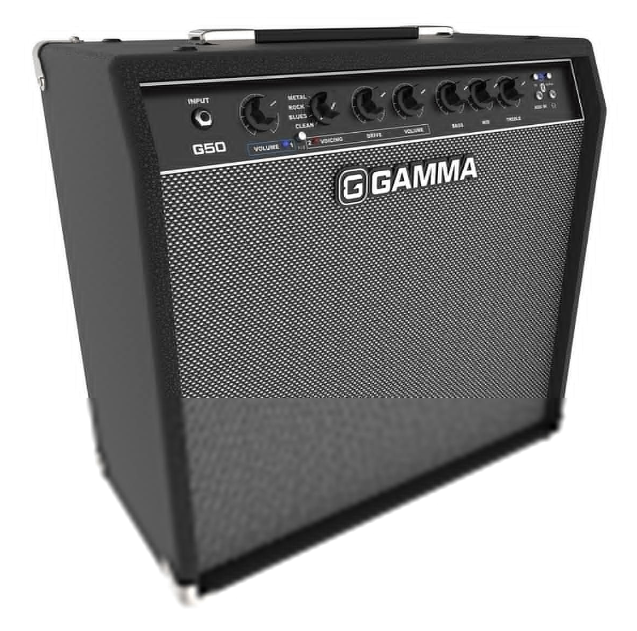
Guitar amplifiers are built specifically for electric guitars and feature features like distortion to improve the guitar’s sound output. They are also offered in different size options to cater to private and live settings.
Bass Amplifiers
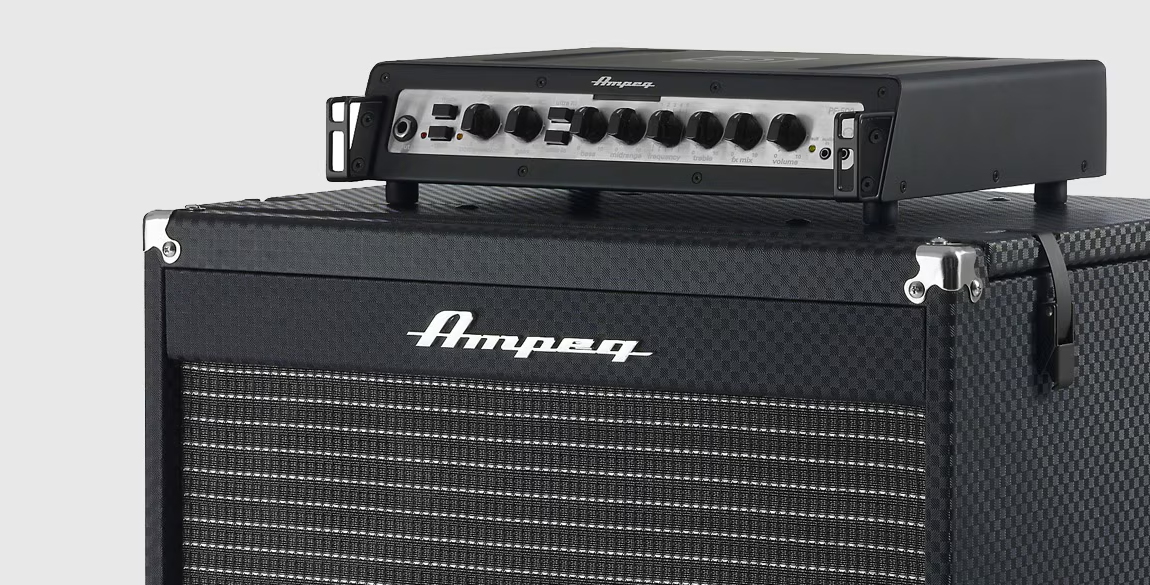
Bass amplifiers allow bass guitars to operate at low frequencies without disrupting audio and bass instruments while providing a robust sound profile. For the above reasons, bass amps are enhanced versions of guitar amps.
3. Key Features to Look For
Power Output and Wattage
Power output is critical for amplifiers because it determines the maximum level of loudness that an amp can produce. Wattage ratings differ in amount, with those with high wattage having more headroom, enabling them to go to higher volumes without getting distorted.
Impedance Matching
When an amplifier is connected to impedance-matched speakers, sound feedback is maximised in terms of quality, and the speakers are not damaged. This is a key factor to consider when there are several components in an audio system.
4. Top Amp Brands Reviewed
Fender Amplifiers
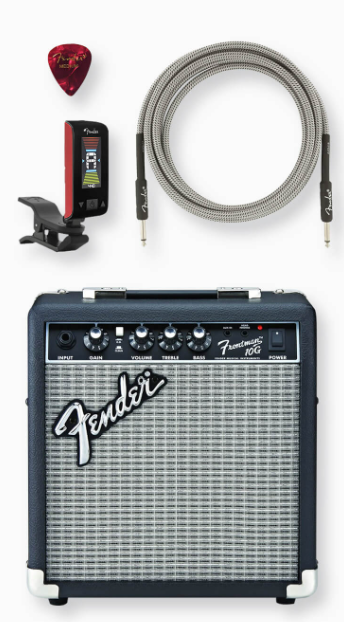
For many musicians, Fender amps are sought because they produce clear tones while maintaining various sounds. Many players also like some Fender models because they can use them as vintage!
Marshall Amplifiers
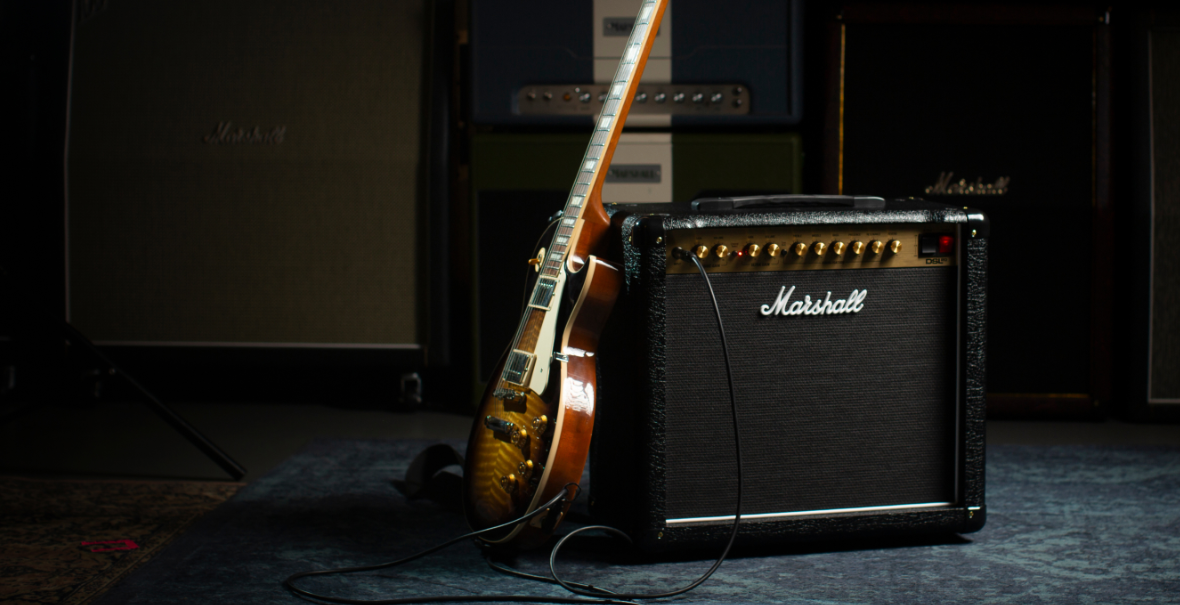
Marshalls do not need any introduction; rock and metal heads have made them famous. They have great crunchy tones and high output, perfect for heavier styles.
5. Sound Quality Analysis
Clean Sound vs. Distortion
Clean sound enables an instrument’s natural qualities to be heard, while distortion adds more light and raw texture. Quite several amps these days have both features, allowing musicians to alter them as they please.
Dynamic Range
The articulation of an amplifier’s dynamic range is a critical factor during performance because it explains the volume dissimilarities within the performance; this is especially useful during intricate performances.
6. Amplifier Use Cases
For Beginners
Novices only require low-powered amps with plain adjustments while they are faced with the tedious task of learning how to play.
For Professionals
Expert musicians, on the other hand, prefer amps with advanced features such as built-in effects, high wattage, and programmable amplifiers.
7. Amp Maintenance Tips
Cleaning and Care
Constant cleaning can prevent the inopportune build-up of dust and other particles from interfering with the internal parts of the amplifier. This can improve the sound quality of the amp and increase its usefulness for a long time.
Common Repairs
Amps have sometimes needed repairs because of damaged wires or weak components. Knowing common repairs is essential to maintaining amps in good condition.
8. Pros and Cons of Amps
Pros of Using an Amp
- Enhances sound quality
- Increases volume and clarity
- Offers a range of sound customization options
Cons and Limitations of Amps
- It can be heavy and hard to transport
- It may require regular maintenance and repairs
- High-quality amps can be expensive
9. Expert Insights
Interview with a Professional Musician
According to musician Alex Johnson, “A good amp is essential for live performances, as it allows you to project your sound without sacrificing quality.”
10. Trends in Amp Technology
Digital Modeling Amps
Some amps model the sound of old amps, but they do this using software which is KIND of technical rather than bulky which is handy.
Wireless Amps
Musicians can move freely on the stage without worrying about the cables, making the performance even better.
11. Practical Buying Guide
Budget Considerations
Amps labeled high-end usually have a sticker price, but sufficient options are at lower rates. So, before selecting what to buy, set a budget.
Matching the Amp to Your Instrument
The amp you choose should match your instrument ideally to have a better sound.
12. Amplifiers in Different Genres
Rock and Metal
This is where rock and metal fans chose amplifiers with high gain settings and also claim powerful distortion to achieve the siege of the heavy, powerful sound dominating these music genres.
Jazz and Blues
Blues and Jazz amps are often chosen for Their Clean tone, warm sound, and ability to respond well to a mere touch.
13. Future of Amplifiers
Sustainable and Eco-Friendly Materials
With the new age seeking sustainability, some brands have set sights on sustainable parameters and creating energy-efficient embodiments.
14. Conclusion
Amps are noise enhancers, more than anything, and that too in a more detailed manner. There is a proper skill structure for choosing the especially suitable ones according to particular needs. Whether a fresher or a professional, the right amp can define one’s audience.

